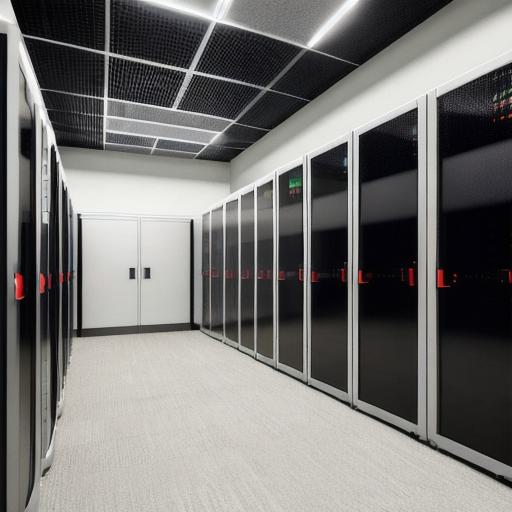In today’s digital world, data is the lifeblood that fuels businesses. The need to manage, store, and process large volumes of data efficiently and securely has led to the rise of data centers. But what exactly is a data center, and how can it benefit your business? Let’s explore this topic in depth.
What is a Data Center?

A data center is a physical infrastructure that houses server, storage, and networking equipment. It provides an environment for organizations to effectively manage and process their digital information. The primary goal of a data center is to ensure the availability, security, and performance of business-critical applications and data.
Benefits of Data Centers for Businesses
- Scalability: Data centers offer businesses the ability to scale their IT infrastructure as needed. This is crucial for companies experiencing growth or those with fluctuating demands.
- Security: Data centers provide robust security measures, including physical access controls, biometric authentication, and advanced threat protection systems. This ensures that sensitive business data remains protected.
- Disaster Recovery: Data centers feature redundant power supplies, cooling systems, and network connections. These features help minimize downtime due to power outages or natural disasters.
- Performance: Data centers are designed for high performance and reliability. They utilize advanced networking technologies, such as fiber optics, to ensure fast data transfer rates.
- Compliance: Many industries have strict regulations regarding data privacy and security. Data centers can help businesses maintain compliance with these requirements.

- Cost Savings: By outsourcing their IT infrastructure to a data center, businesses can save on capital expenditures for hardware, software, and maintenance costs.
Real-World Examples of Businesses Leveraging Data Centers
- Financial Services: Financial institutions rely heavily on data centers to process transactions securely and efficiently. They require high levels of security, redundancy, and performance to ensure the reliability of their services.
- Healthcare Providers: Healthcare organizations store large volumes of patient data in data centers. This data must be accessible at all times while also being protected from unauthorized access.
- Retailers: Retailers use data centers to process online transactions, manage customer data, and run their supply chain operations. These businesses require scalable, high-performance IT infrastructure to support their growing needs.
Conclusion: Data Centers – An Essential Investment for Modern Businesses
In conclusion, data centers play a crucial role in the success of modern businesses by providing the necessary infrastructure for managing, securing, and processing digital information. Whether it’s ensuring scalability, security, disaster recovery, performance, or compliance, data centers offer numerous benefits that can help businesses thrive in today’s digital landscape. By investing in a reliable data center solution, organizations can focus on their core business functions while leaving the complexities of IT infrastructure management to the experts.
